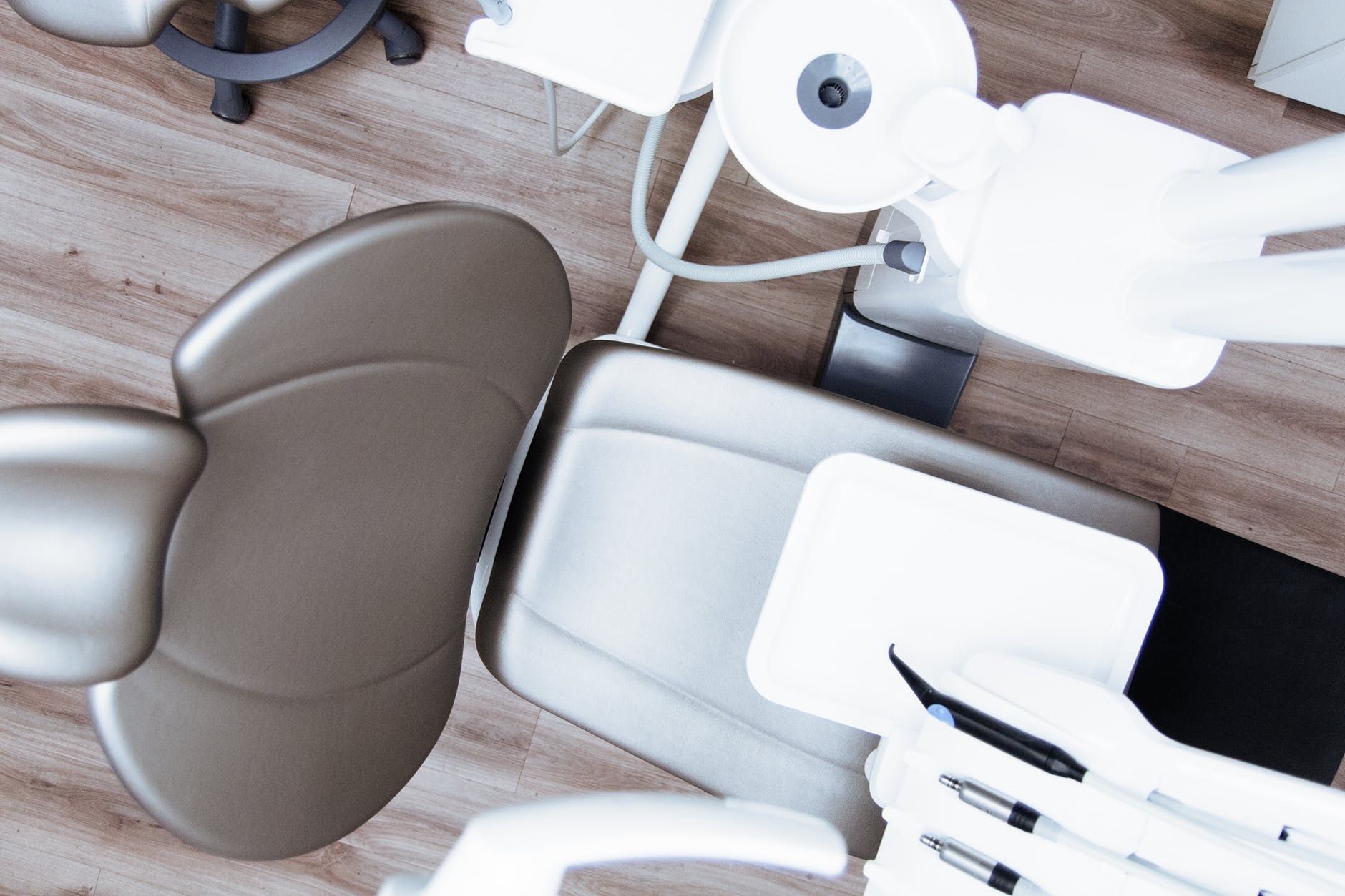Fees &
Finance
The cost of your dental treatment can vary depending on whether you are a NHS or private patient, and on the type of treatment that you require.
Please see below for details of our NHS fees. Costs for private dental treatment can be obtained by contacting your local Riverdale dental practice directly.
Our Dental Plans offer a great way to spread the cost of your routine dental treatment with manageable monthly payments – plus they provide discounts on certain private treatments too. Find out more here
